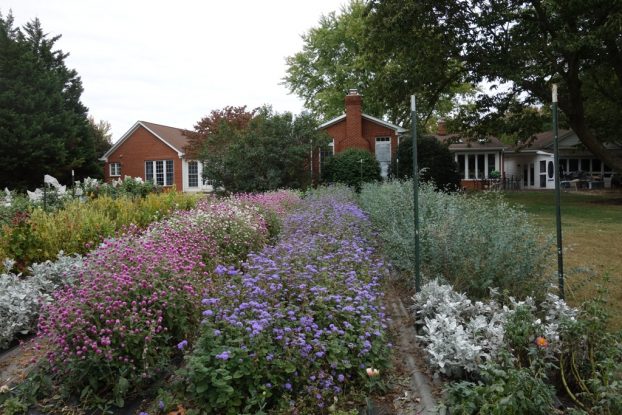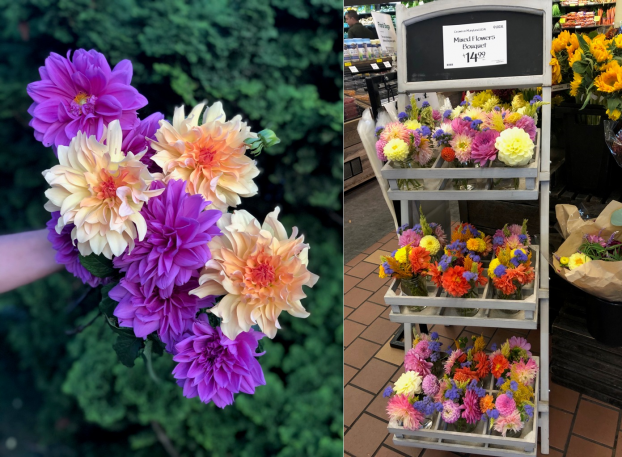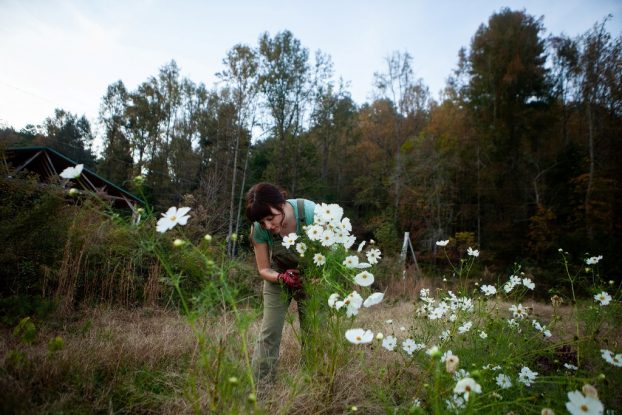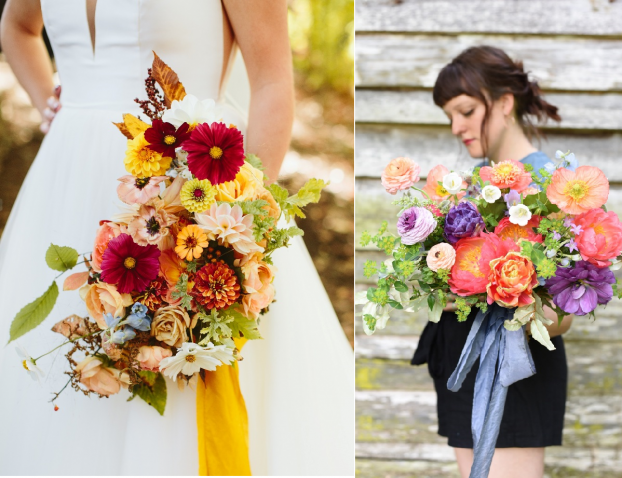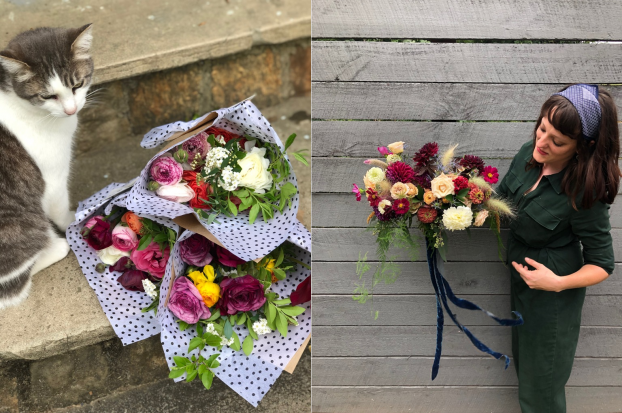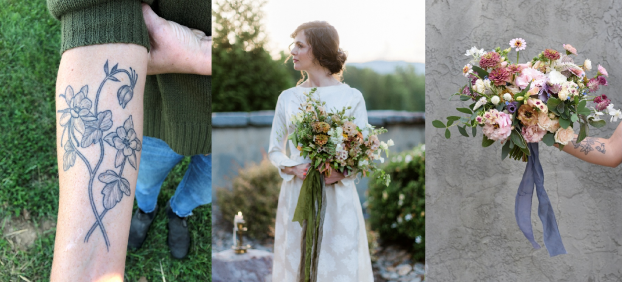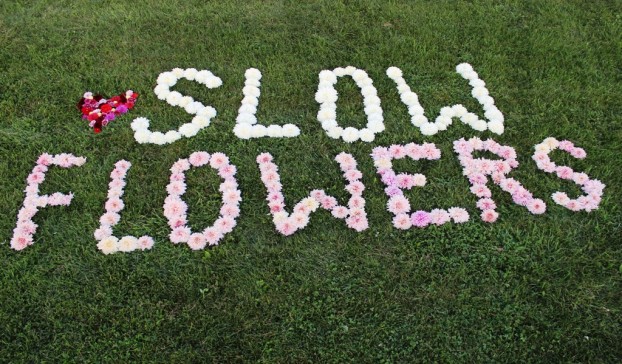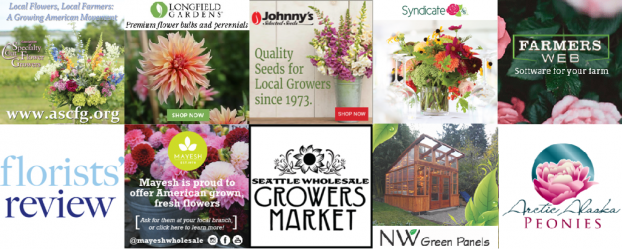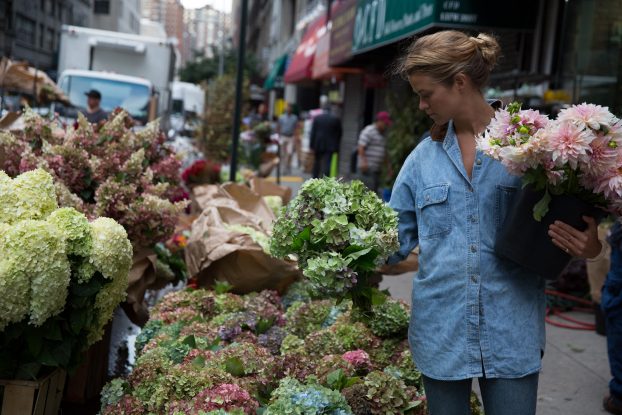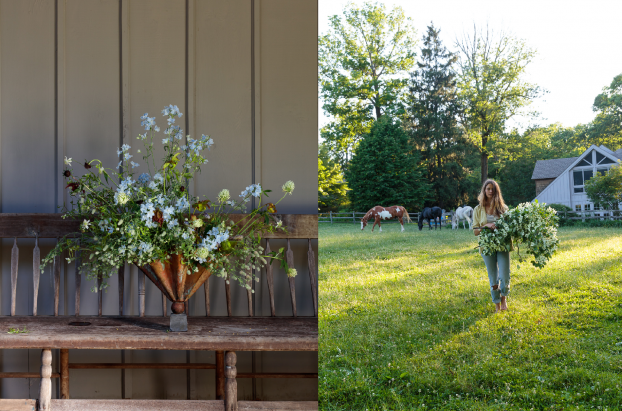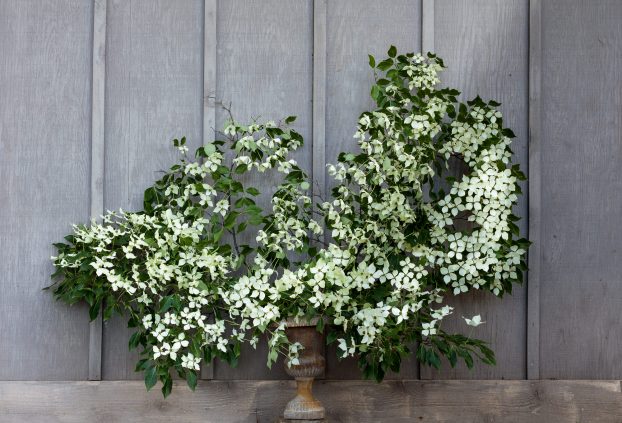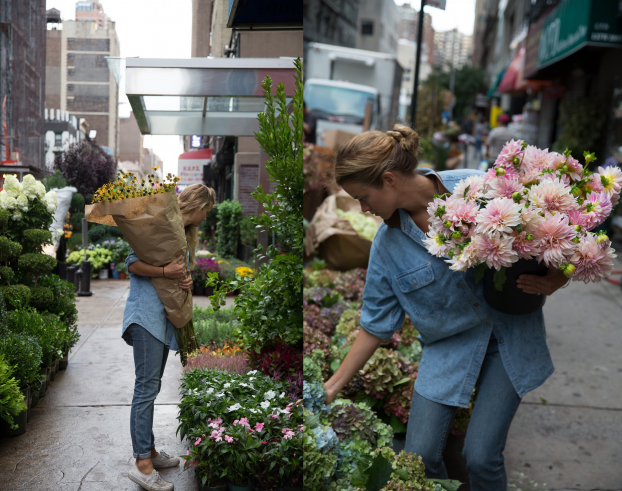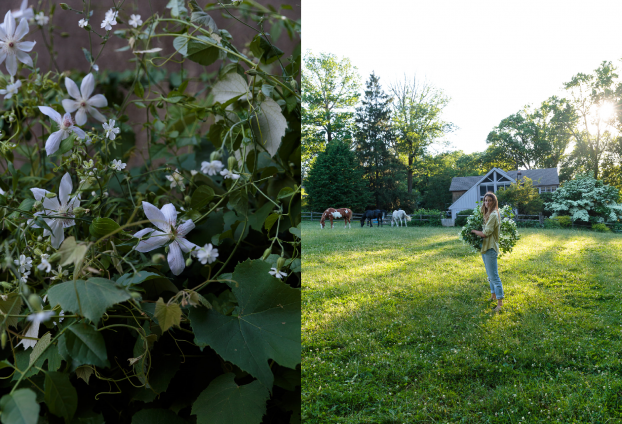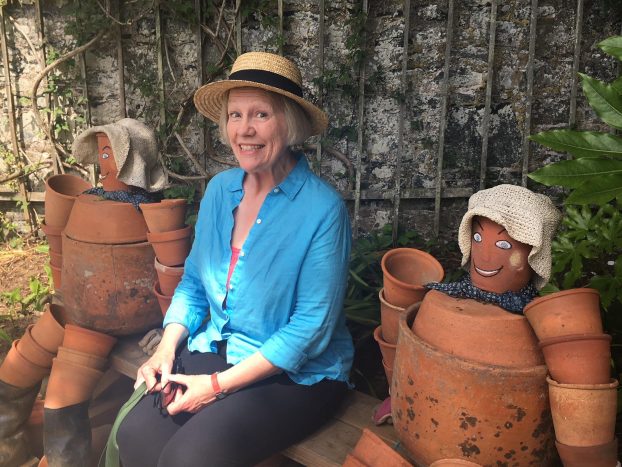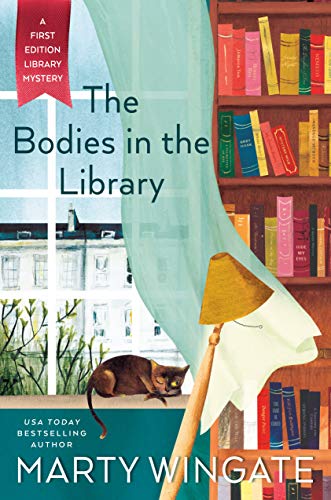Podcast: Play in new window | Download
Subscribe: Apple Podcasts | Podcast Index | RSS | More
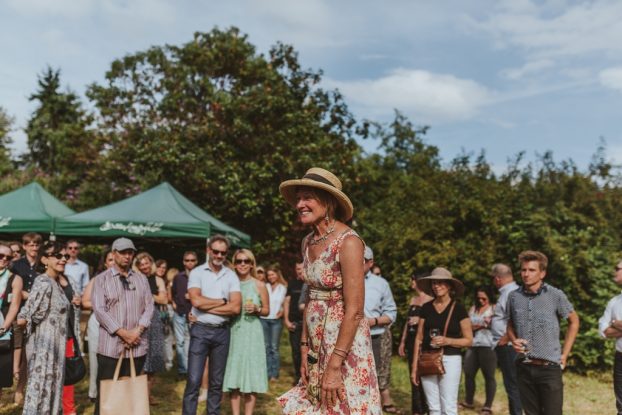
Fifty States of Slow Flowers continues today with a full episode devoted to Washington, my home state. As I mentioned last week, this year-long project is coming to a close and it has been so rewarding to bring you diverse voices and stories of passionate Slow Flowers Members.
Washington’s Slow Flowers Community is one of the most active, for many reasons. One of which is that I have been writing about and working closely with Pacific Northwest flower farmers and floral designers for the past decade, beginning when I was writing The 50 Mile Bouquet between 2009 and 2012. During that time, in 2011, in fact, I met today’s guest, Rebecca Slattery of Persephone Farm.
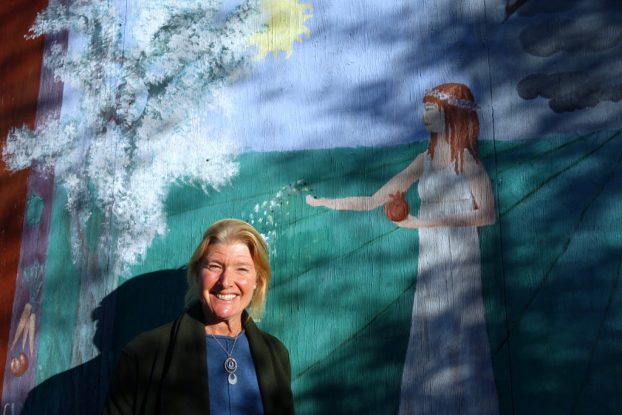
The idea of Slow Flowers as a book, or any other format, had yet to be hatched. But I was thrilled to be invited to Persephone Farm in Indianola, Wash., a ferry ride across the Puget Sound from Seattle or Edmonds. I actually kind of volunteered my services to help with making centerpieces and bouquets for a friend’s daughter’s wedding, which took place at a nearby wedding venue on the Kitsap Peninsula. That bride had persuaded Rebecca to let her out-of-town family and friends set up floral design production on tables next to the barn, and of course, to purchase flowers from her fields.
When I arrived, I met Rebecca, but also her husband Bill Richards. In one of those very small-world surprises, Bill and I were acquainted with one another through Seattle’s newspaper world. I knew Bill for his byline in two local dailies, including the Seattle Post-Intelligencer where I was a home and garden columnist during the first decade of the 2000s. Having earlier worked on the editorial teams for the Wall St. Journal and the Washington Post, Bill was legendary in local journalism circles. I remember having a nice chat with Bill while my friends set up their flowers.
As you will hear Rebecca and I discuss, Bill died in 2014, and his spirit is still very much evident at Persephone. I was so touched to have met him and equally grateful that I could return to Persephone to share a meal with Rebecca, takea walk through the late autumn landscape and growing grounds, and have a beautiful conversation with her, which you will now hear.
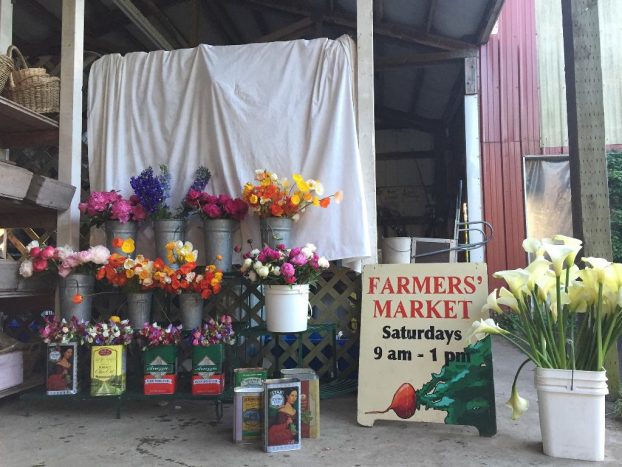
Here’s a bit more about Persephone Farm. The 6.5 acre farm in Kitsap County includes a little less than 2 cultivated acres, a yurt meadow, barn, packing shed, wooded area, open fields and habitat for birds and other wildlife. Biodiversity is key to the farm’s success. As Rebecca says, Persephone provides customers with a wide array of vegetables and flowers while maintaining a balanced ecosystem in the gardens.
The Persephone Farm logo (left) + a watercolor of Rebecca’s farmers’ market stall, painted by a local plein air artist
Rebecca uses careful crop rotations, homemade compost, cover crops, beneficial insectaries and patient observation to avoid synthetic pesticides and chemical fertilizers. Though not certified organic, her practices are stricter than the national organic standards. Deep ecology, closed loop systems and sustainability are the aim. And I love her term: “moreganic.”
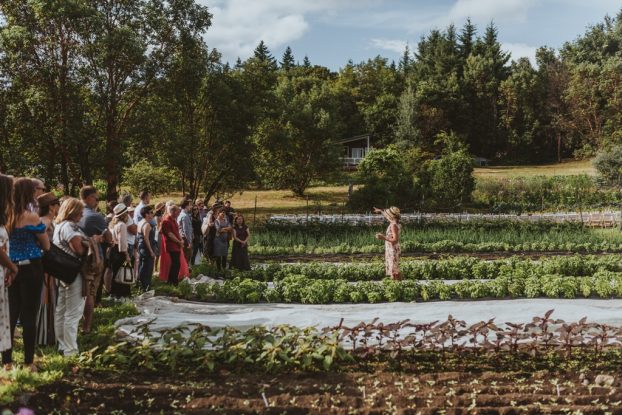
Persephone Farm has been a pioneer in the Community Supported Agriculture movement— starting with 11 subscribers in 1991, making it one of the longest-running programs in the country. From the first week of June through the end of October, subscribers receive an armload of fresh-picked seasonal vegetables, herbs and flowers from Persephone Farm.
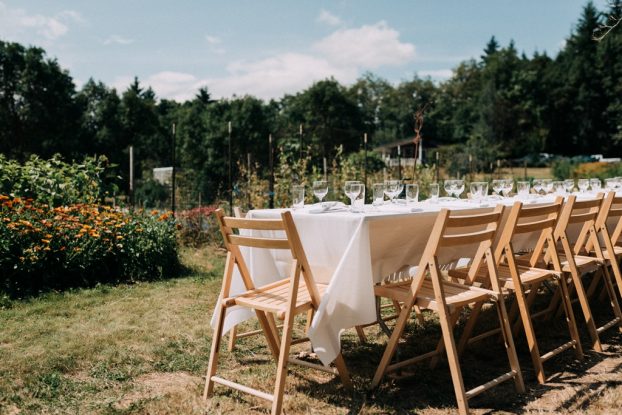
No traditional florist can match the just-picked quality of seasonal blossoms straight from the garden. Rebecca and her crew grow many dozens of varieties of annuals, perennials, herbs, bulbs, shrubs, ornamental grasses and unusual specialty botanicals — for local weddings and events. In addition to designing for wedding clients, Persephone farm offers fabulous fresh flowers by the bucket to the DIY customer. A highlight for many couples is a visit to the farm to stroll through the fields, selecting favorite flower combinations a week or two prior to the wedding. Brides, grooms, mothers and others have all told us that, in retrospect, their visit to Persephone Farm was the most enjoyable check mark they put on their wedding To Do list.
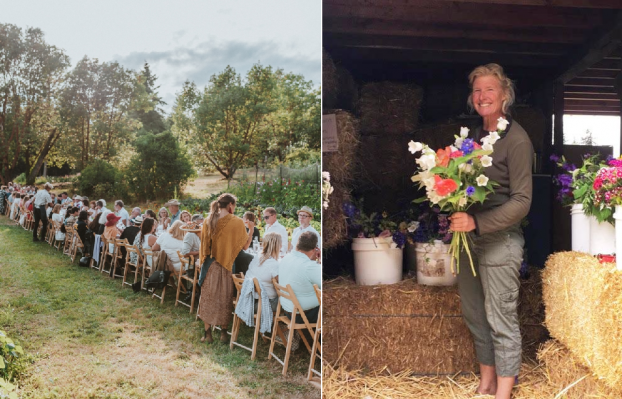
Thanks so much for joining me today for a visit to Persephone Farm. What a special, extended episode and experience for me – a luxury to return and to have a leisurely conversation to share with you.
Find and follow Persephone Farm at these social places:
I can’t close out today’s episode without a reminder to you that we’re in the midst of an Early Bird promotion for the Slow Flowers Summit.
You’ll want to take advantage $100 off the Member or General registration for the 2020 Slow Flowers Summit and purchase your ticket to the Slow Flowers Summit by December 31st.
Check out more details and all the exciting news about our partnership with Filoli Historic House and Garden, our venue for days 1 and 2 of the Summit (that’s June 28 &29) and our fabulous speaker lineup.
By the way, Day 3 is an exclusive, behind-the-scenes tour led by our friend Christina Stembel, CEO of Farmgirl Flowers.
This is rare access, folks, available only to Summit attendees. As I said, check out those details in today’s show notes.
The Slow Flowers Podcast has been downloaded more than 556,000 times by listeners like you. Thank you for listening, commenting and sharing – it means so much.
As our movement gains more supporters and more passionate participants who believe in the importance of the American cut flower industry, the momentum is contagious. I know you feel it, too. I value your support and invite you to show your thanks and with a donation to support my ongoing advocacy, education and outreach activities. You can find the donate button in the column to the right.
THANK YOU TO OUR SPONSORS
Florists’ Review magazine. I’m delighted to serve as Contributing Editor for Slow Flowers Journal, found in the pages of Florists’ Review. Our partnership is such a valuable one, providing a forum for beautiful and inspiring editorial content in the #slowflowersjournal section – month after month. Thanks to Florists’ Review, you can now order a subscription for yourself + give one as a gift this holiday season. Set your 2020 intention to enrich your personal and professional development! You can find the Buy-One-Gift-One special offer for members of the Slow Flowers Community.
Our first sponsor thanks goes to Mayesh Wholesale Florist. Family-owned since 1978, Mayesh is the premier wedding and event supplier in the U.S. and we’re thrilled to partner with Mayesh to promote local and domestic flowers, which they source from farms large and small around the U.S. Learn more at mayesh.com.
NW Green Panels. Based in Madras, Oregon, NW Green Panels designs and constructs a wide array of wood-framed greenhouses offering versatility, style and durability. Their greenhouses are 100% Oregon-made using twin-wall polycarbonate manufactured in Wisconsin, making NW Green Panel structures a great value for your backyard. The 8×8 foot Modern Slant greenhouse has become the essential hub of my cutting garden — check out photos of my greenhouse in today’s show notes or visit nwgreenpanels.com to see more.
Seattle Wholesale Growers Market, a farmer-owned cooperative committed to providing the very best the Pacific Northwest has to offer in cut flowers, foliage and plants. The Growers Market’s mission is to foster a vibrant marketplace that sustains local flower farms and provides top-quality products and service to the local floral industry. Visit them at seattlewholesalegrowersmarket.com.
I’m Debra Prinzing, host and producer of the Slow Flowers Podcast. Next week, you’re invited to join me in putting more American grown flowers on the table, one vase at a time. And If you like what you hear, please consider logging onto iTunes and posting a listener review.
The content and opinions expressed here are either mine alone or those of my guests alone, independent of any podcast sponsor or other person, company or organization.
The Slow Flowers Podcast is engineered and edited by Andrew Brenlan. Learn more about his work at soundbodymovement.com.
Music Credits:
Glass Beads; Betty Dear; Gaena
by Blue Dot Sessions
http://www.sessions.bluehttps://creativecommons.org/licenses/by-nc/4.0/
Lovely by Tryad
http://tryad.bandcamp.com/album/instrumentals
http://creativecommons.org/licenses/by-sa/3.0/
In The Field
Music from:
audionautix.com









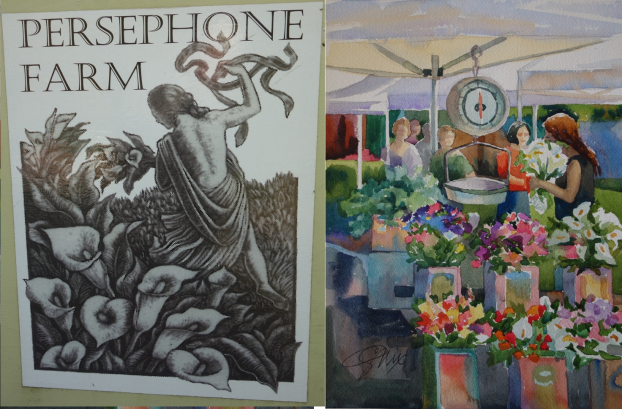

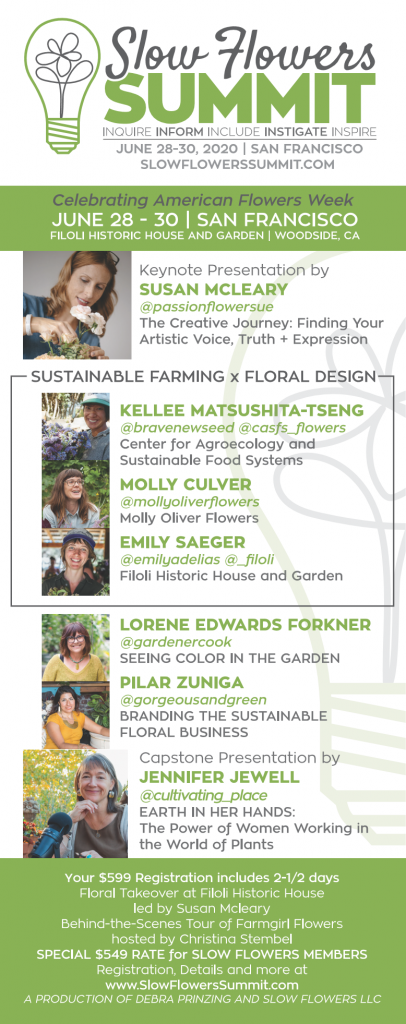
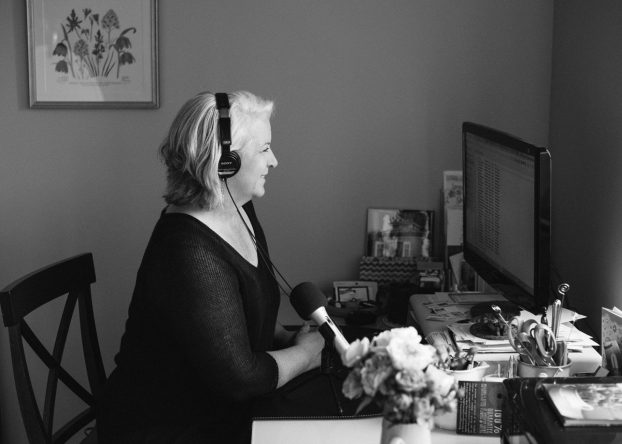
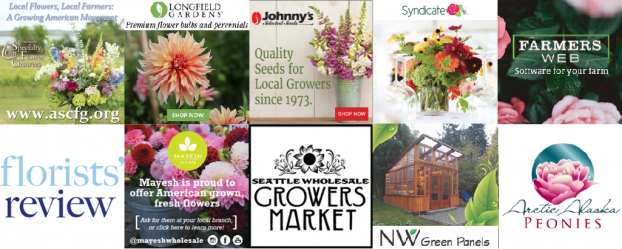
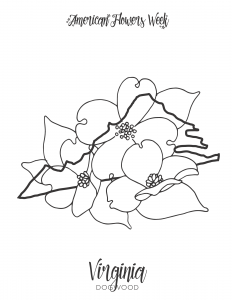
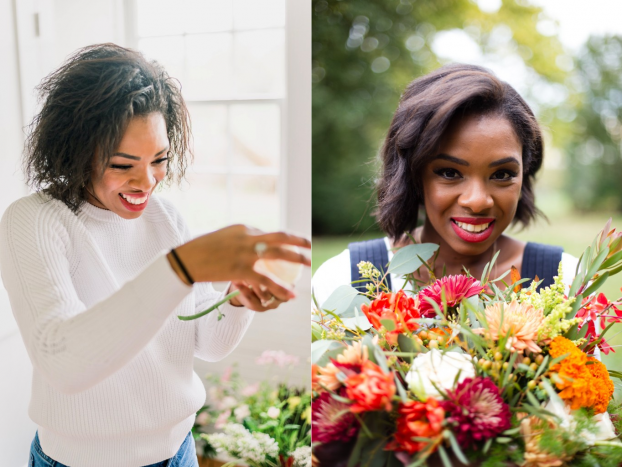
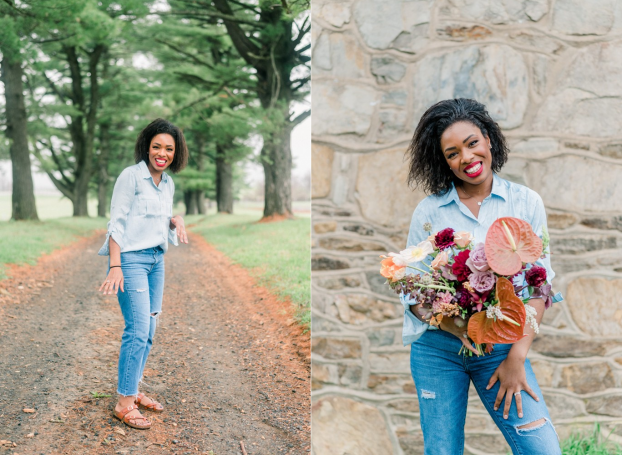
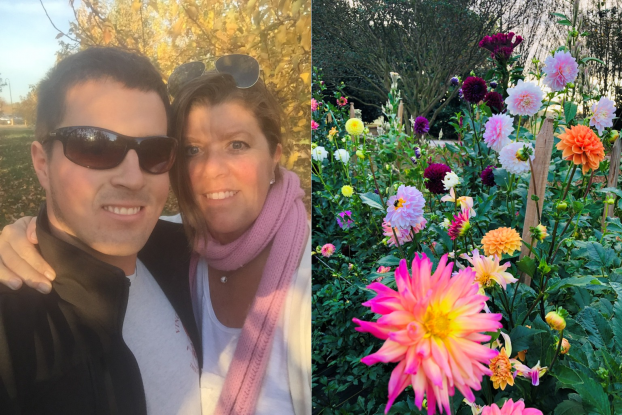
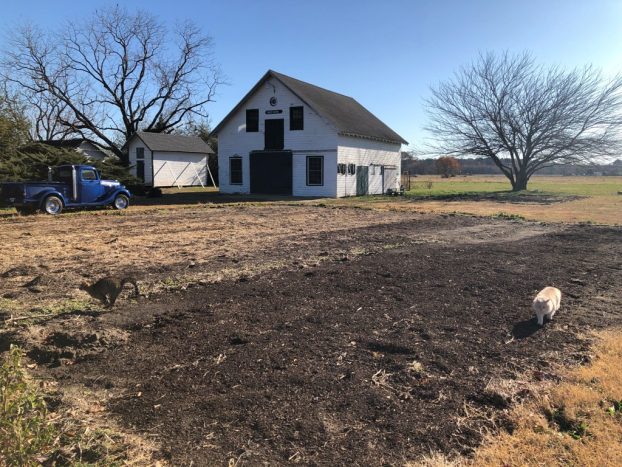
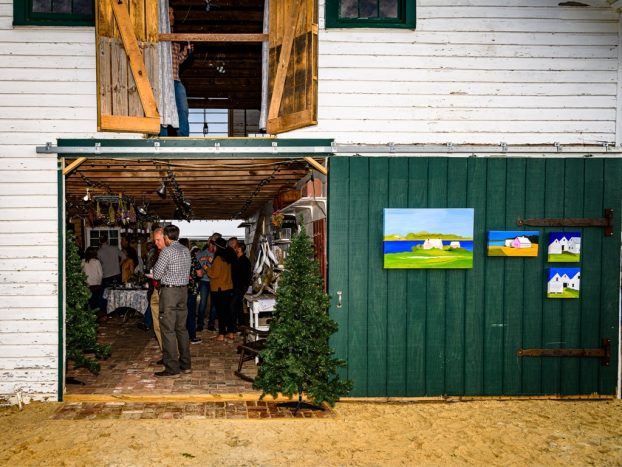
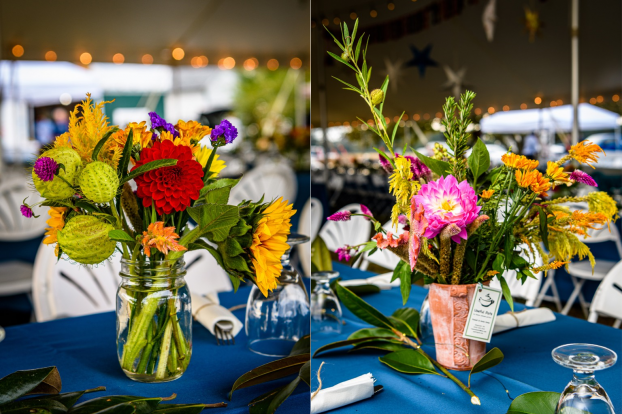
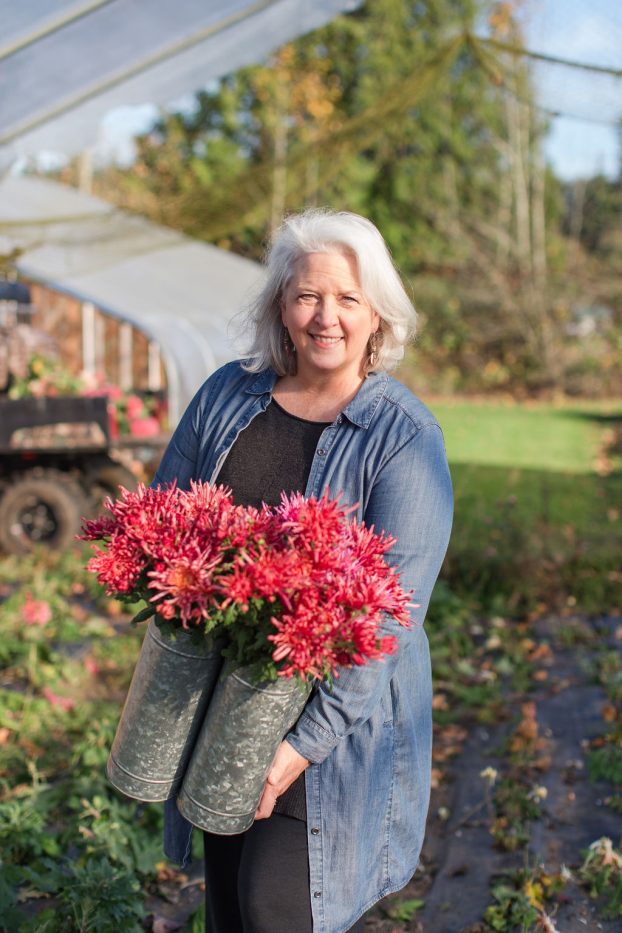

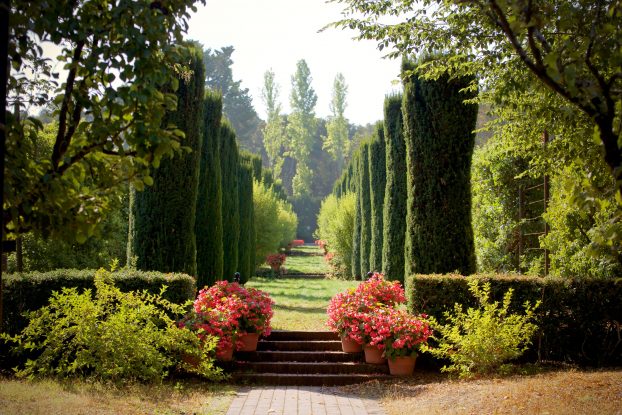


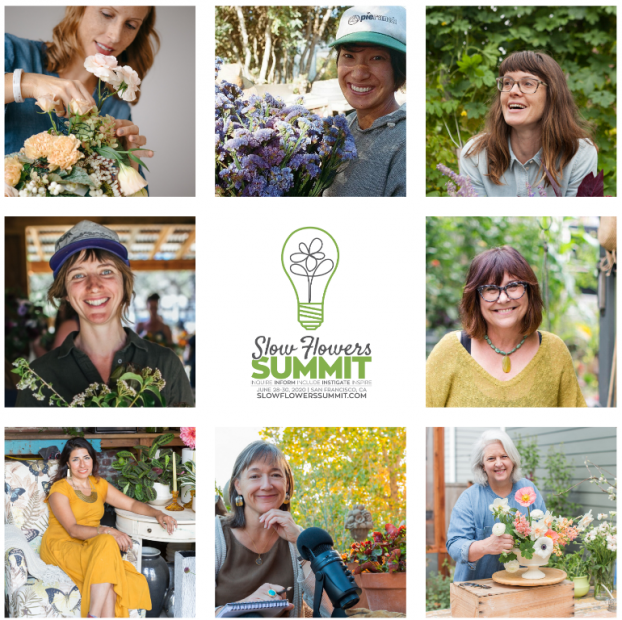
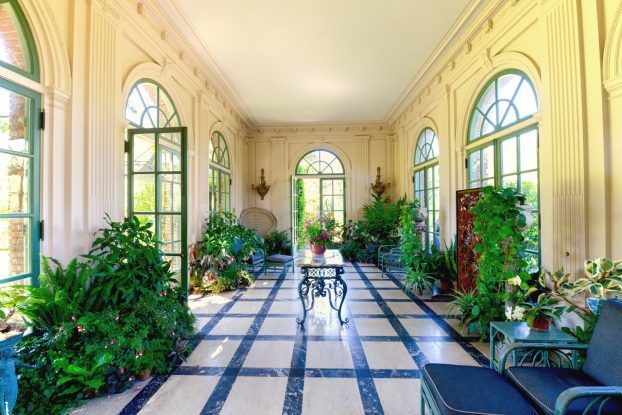
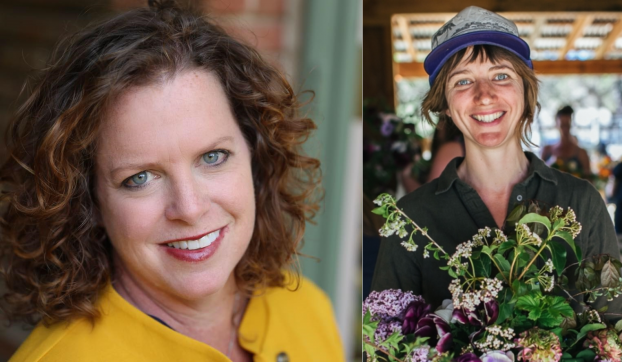
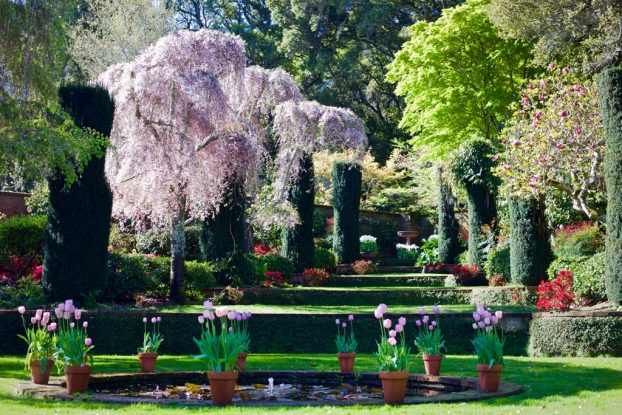
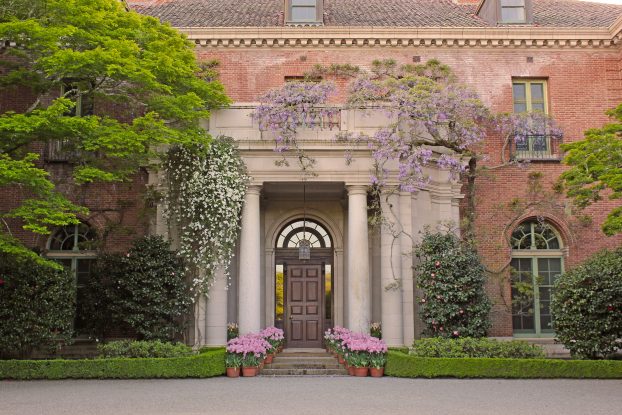
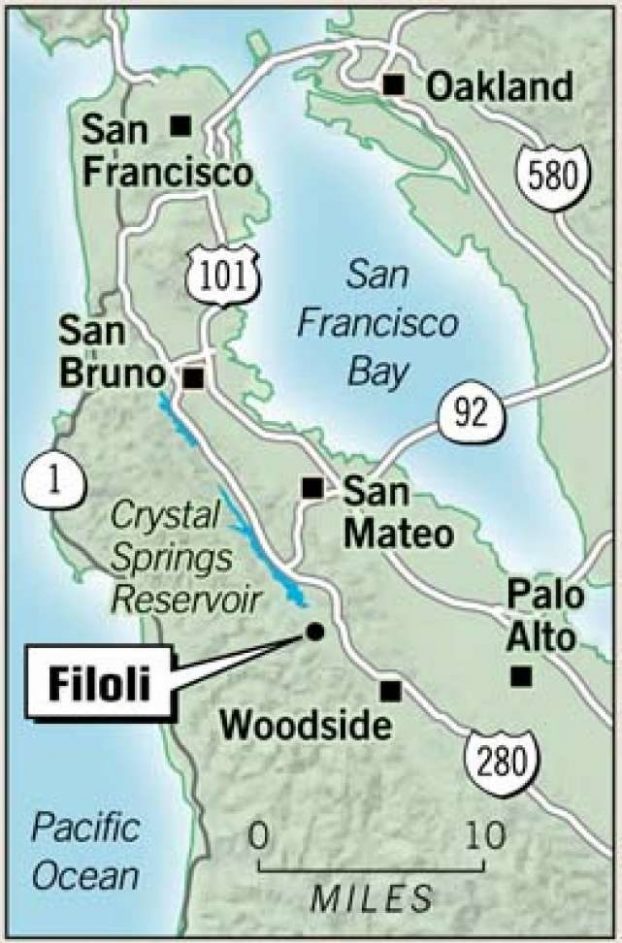
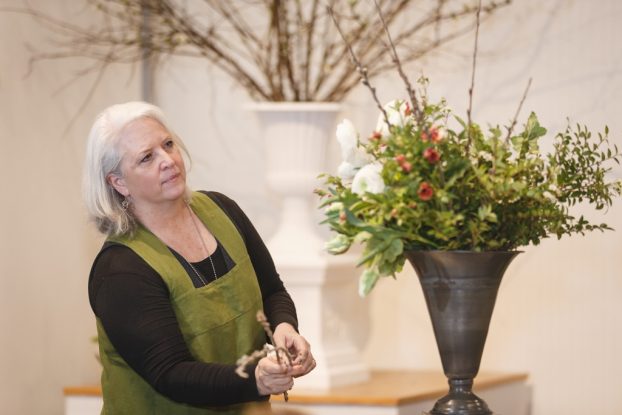
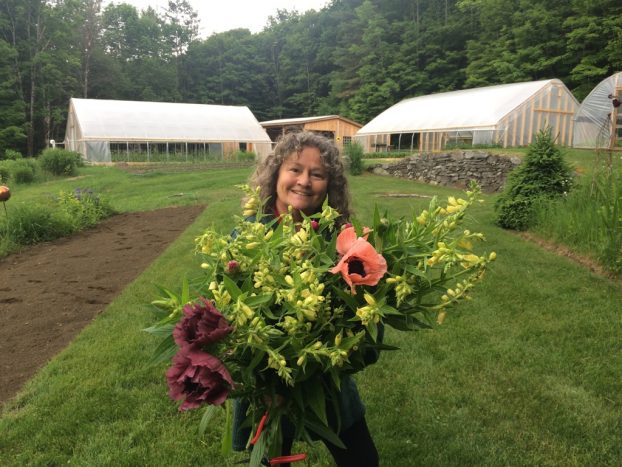
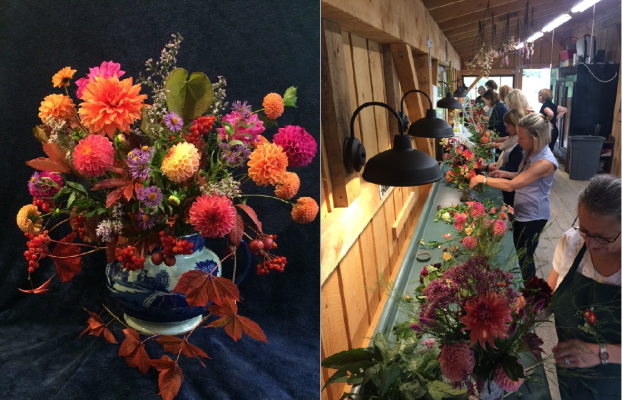
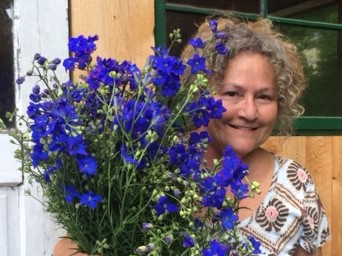
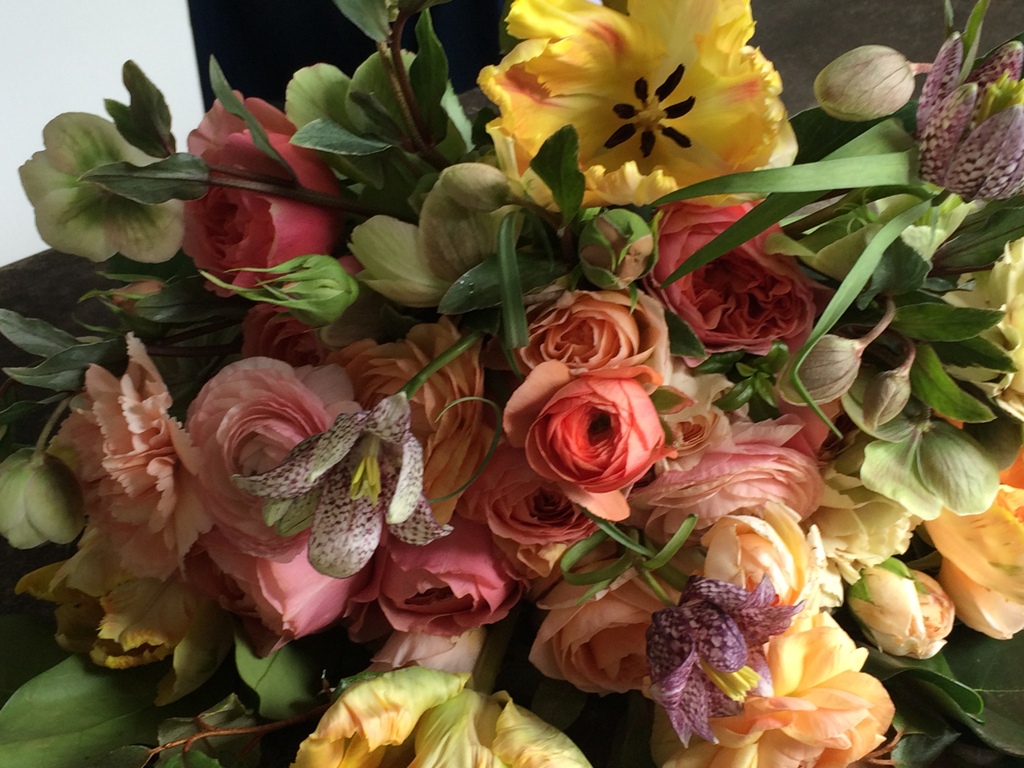
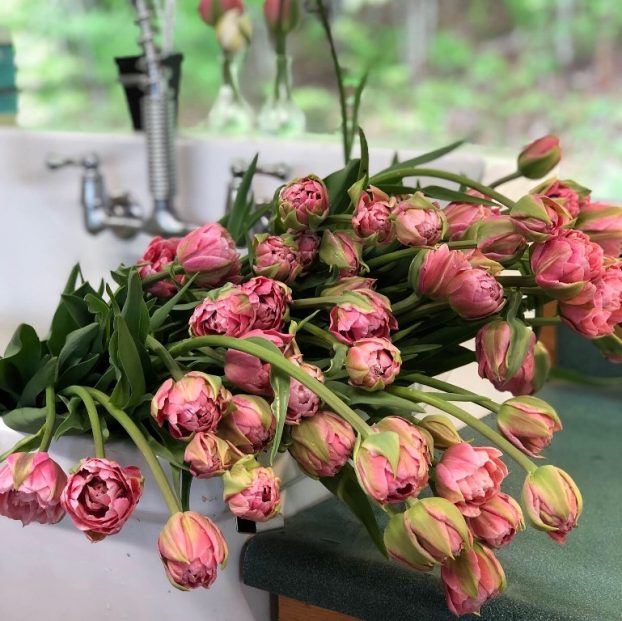
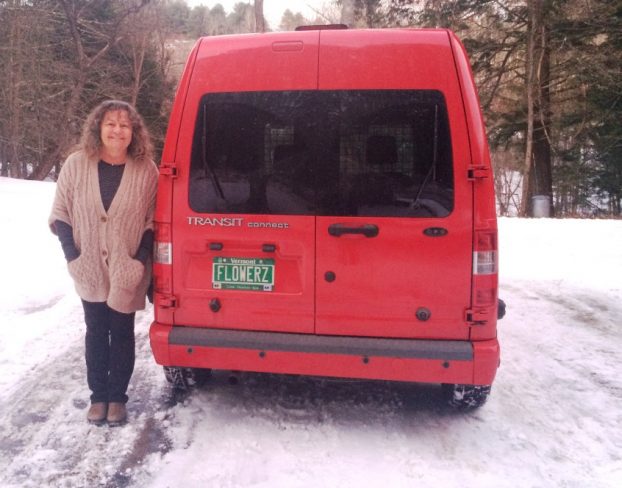
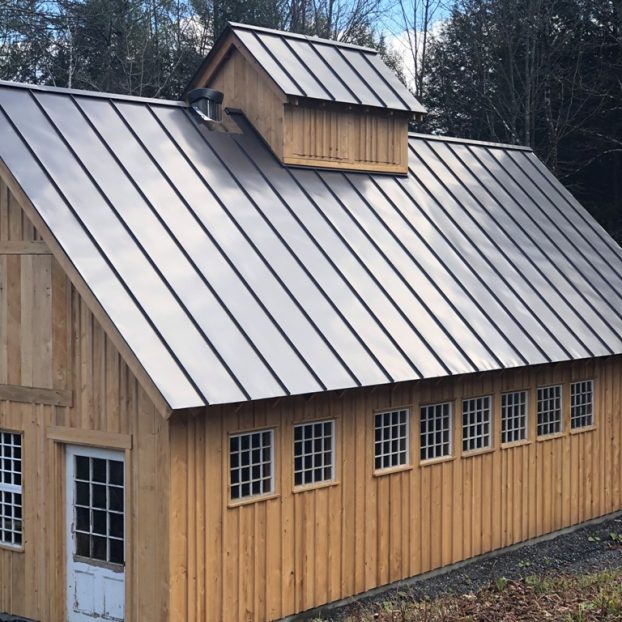
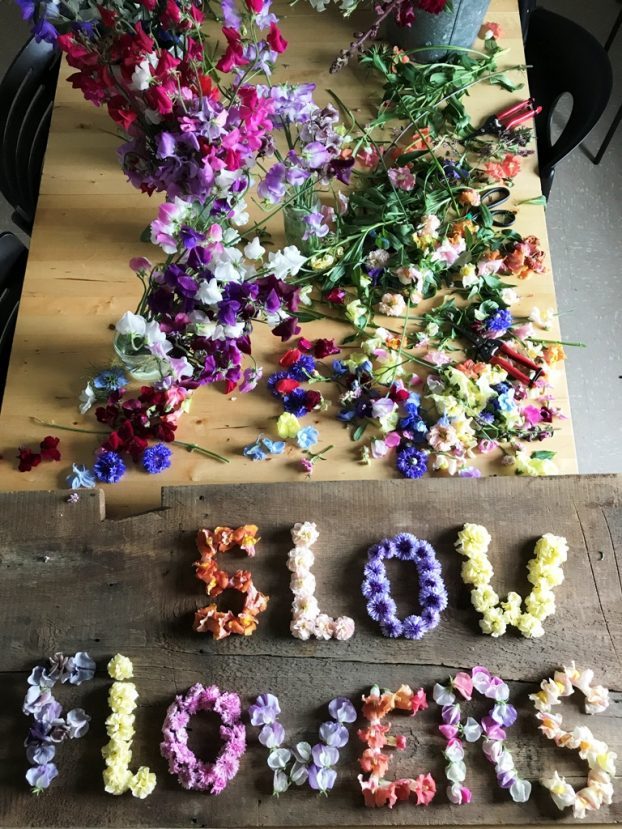
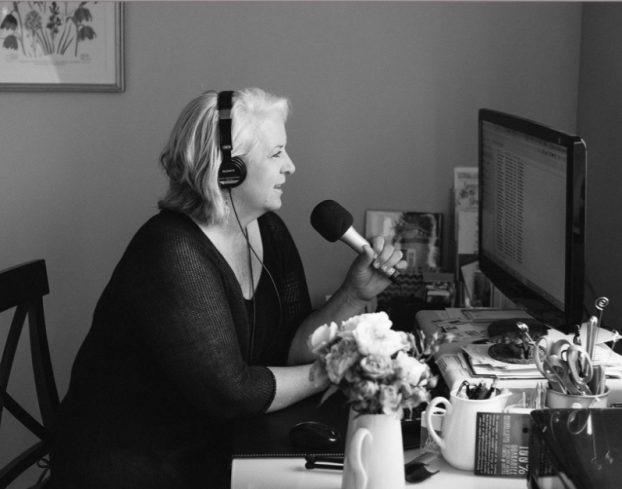
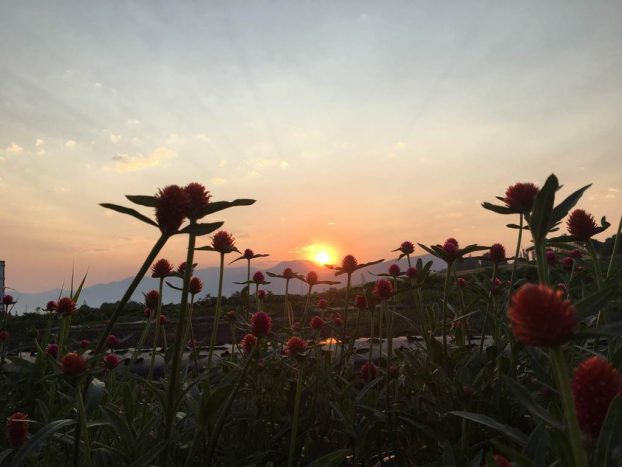
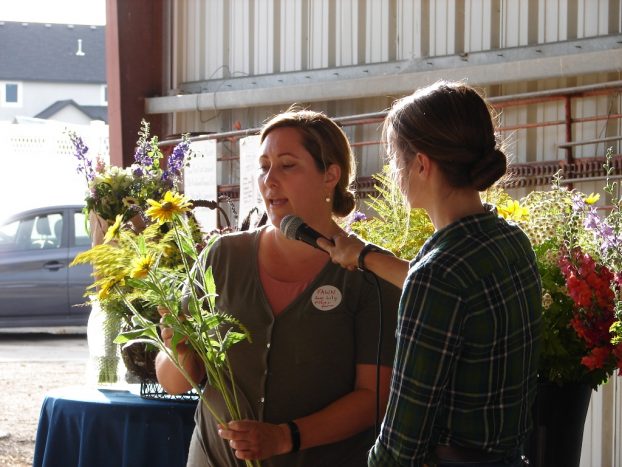
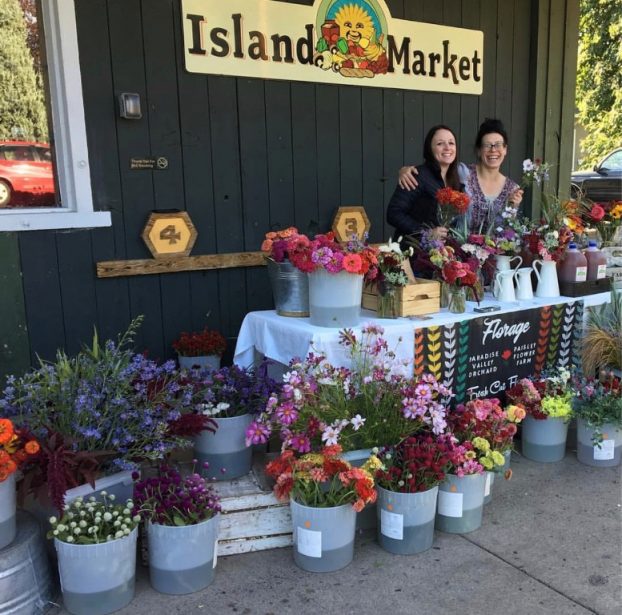
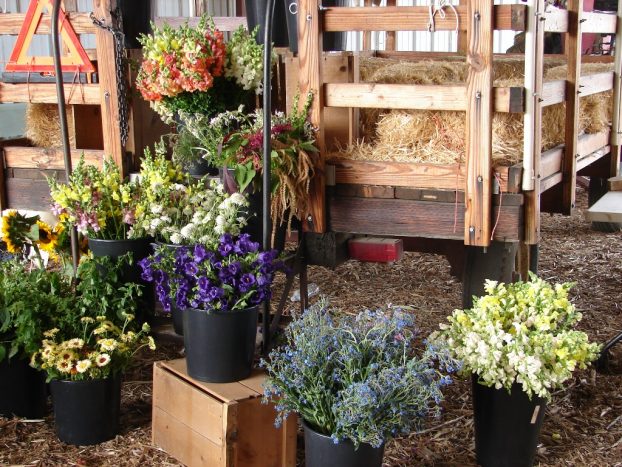
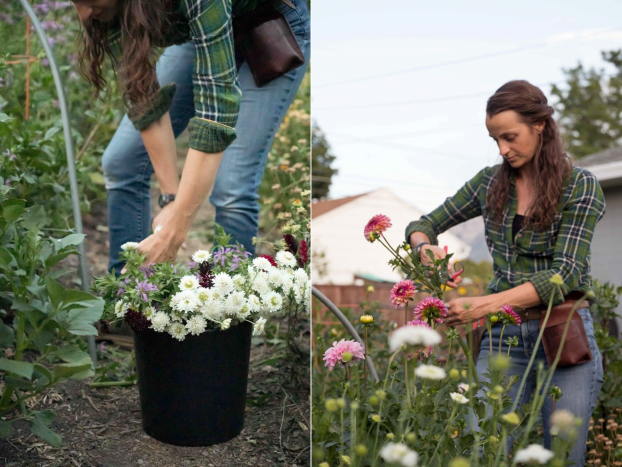
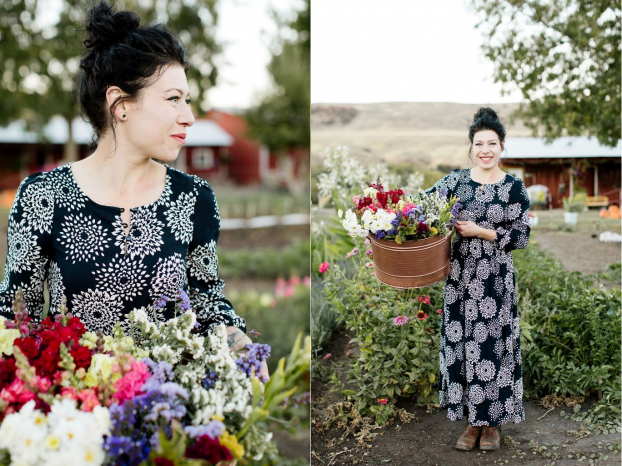
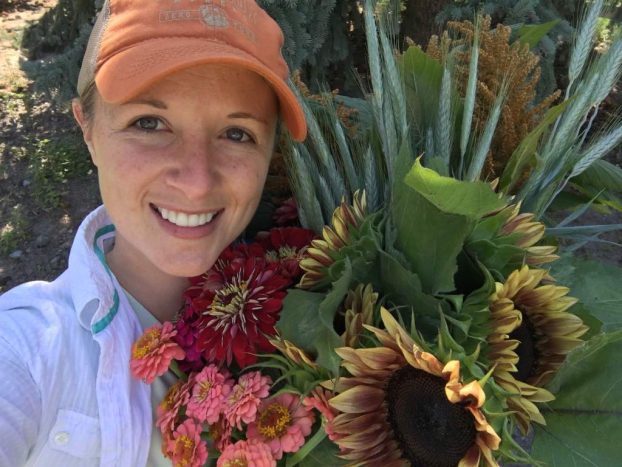
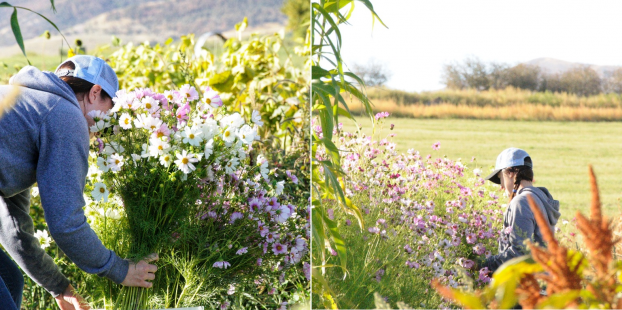
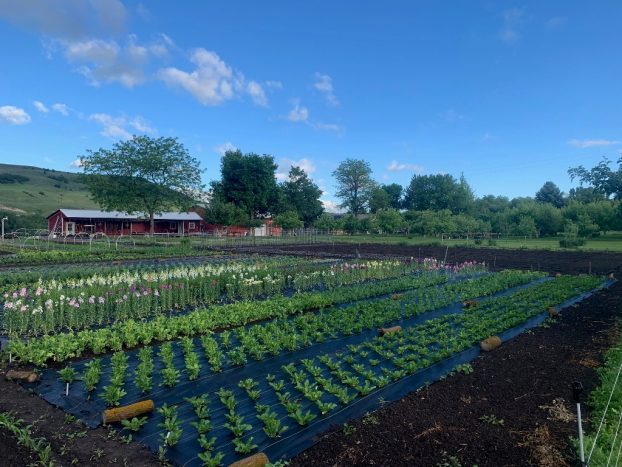
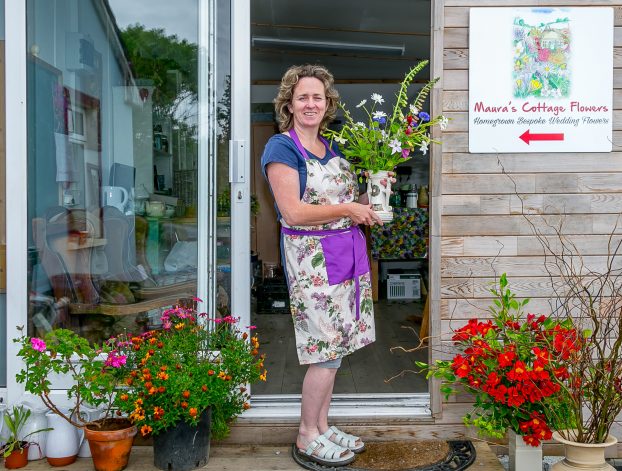
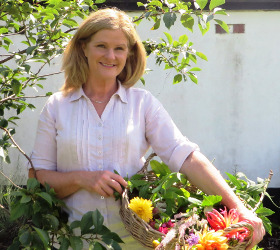

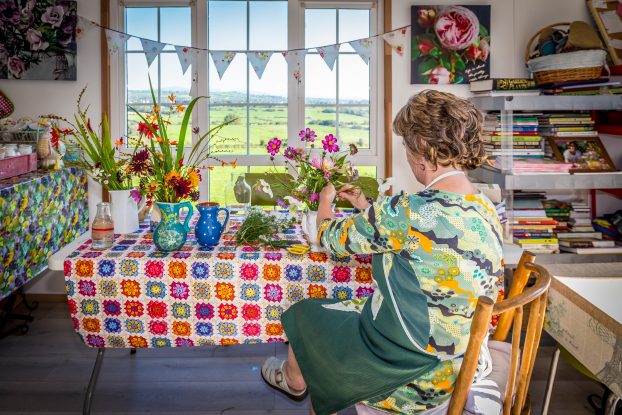
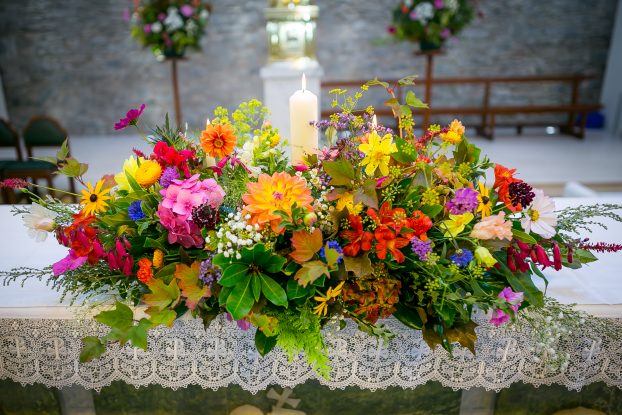
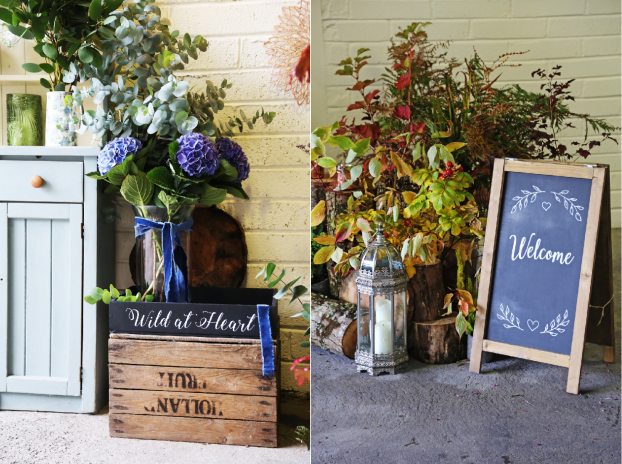
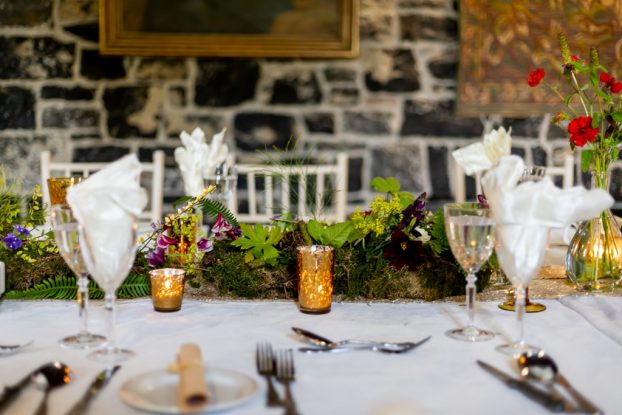
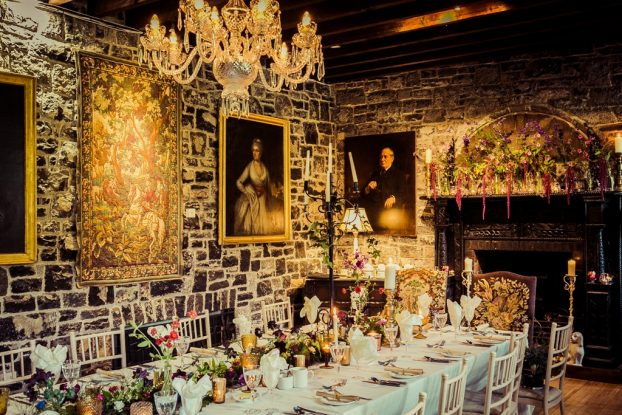
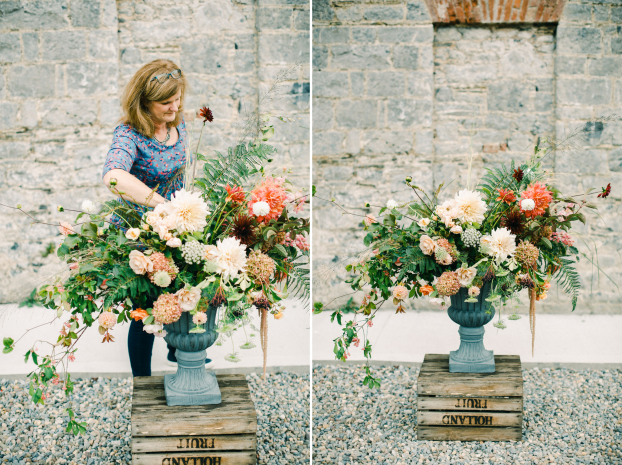
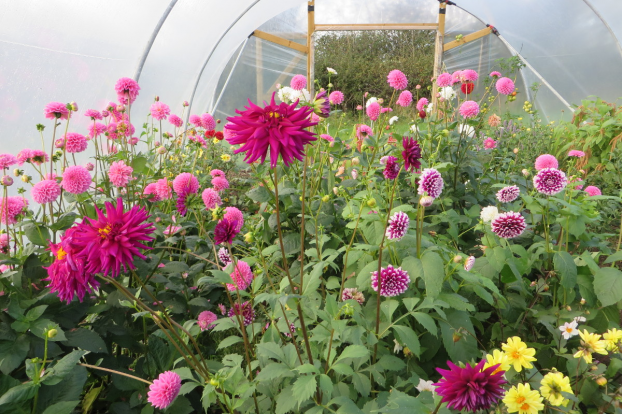
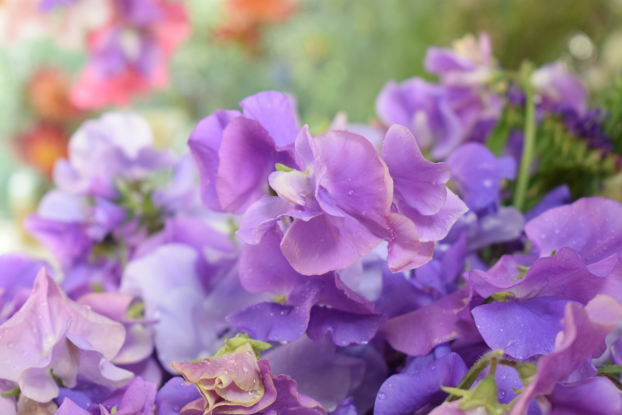
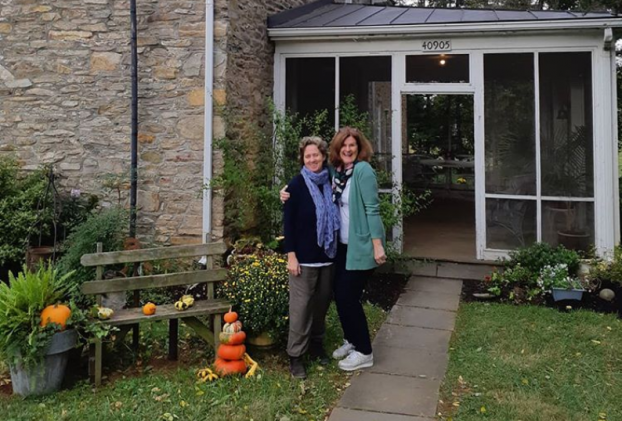
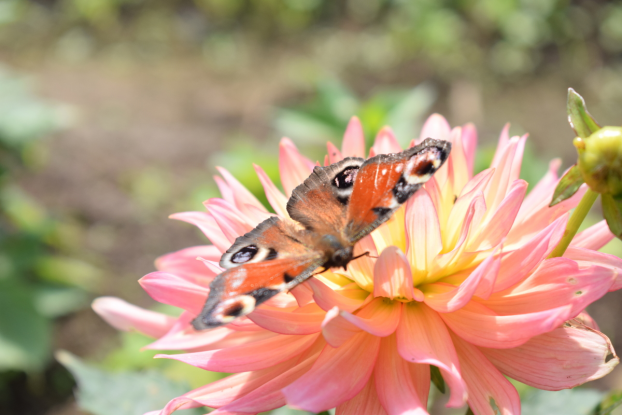
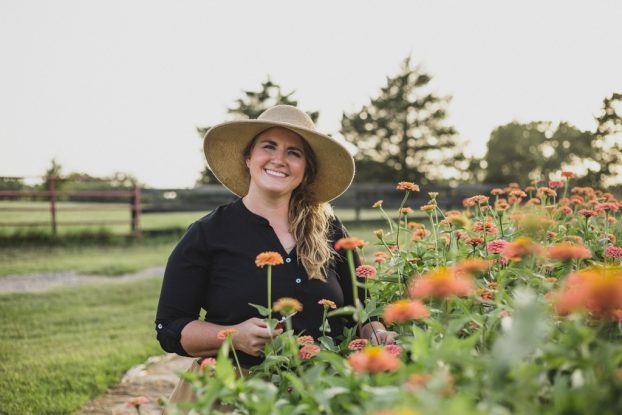
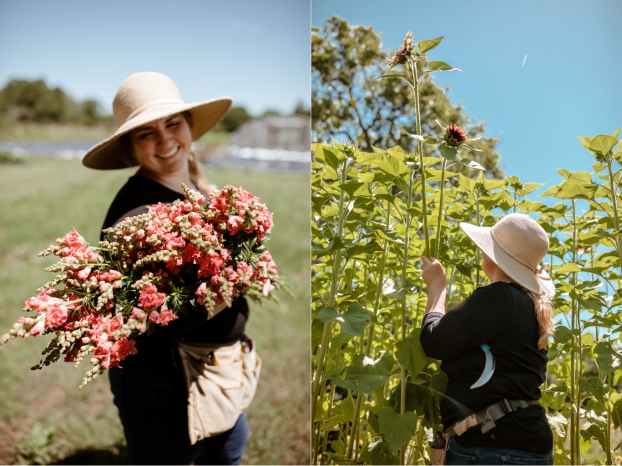
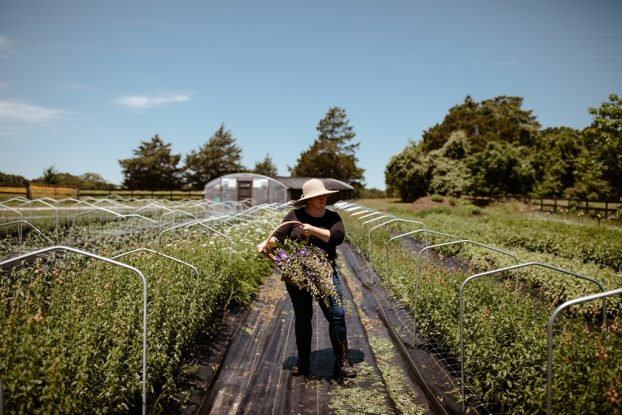
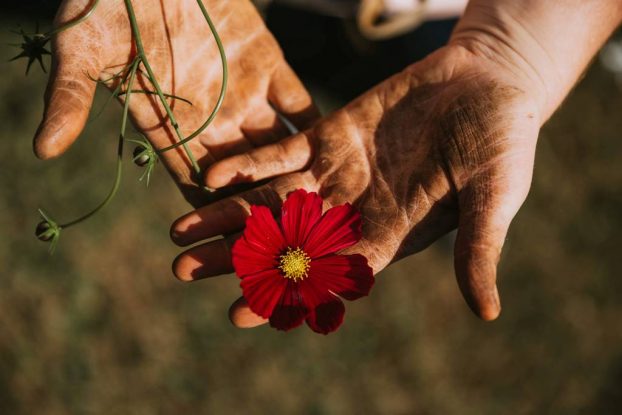

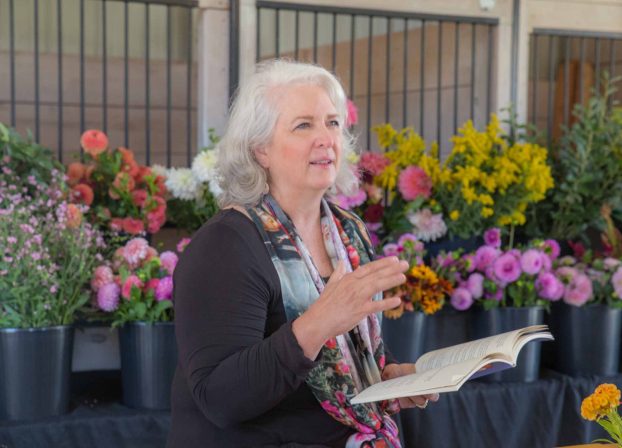
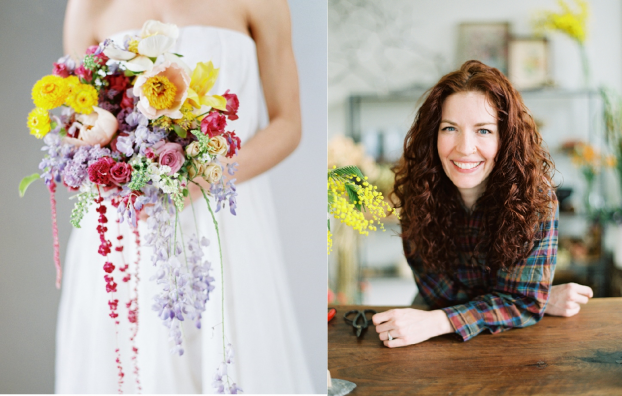
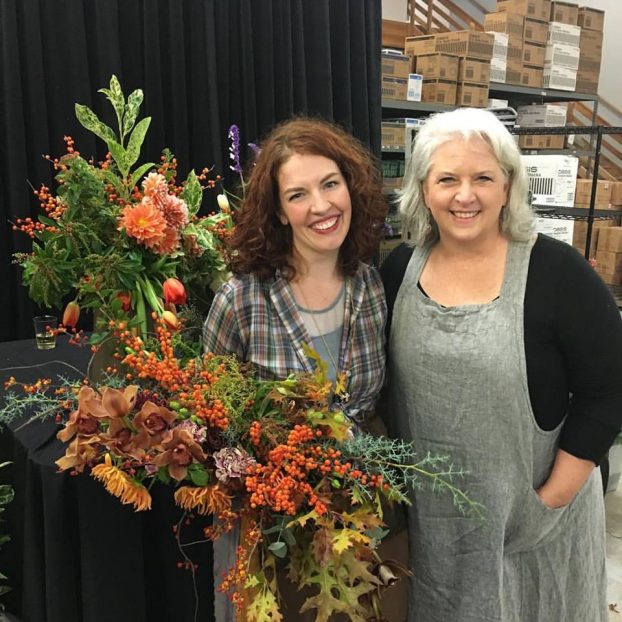
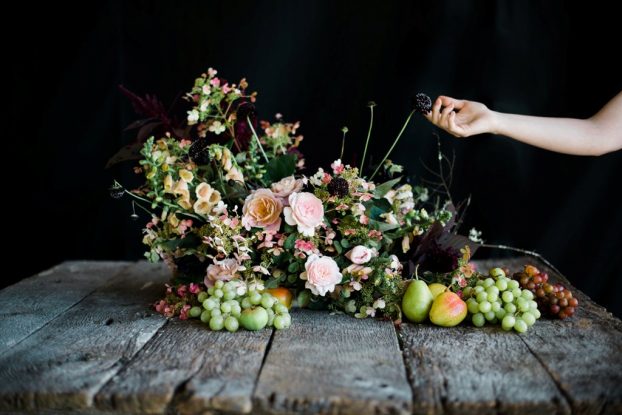
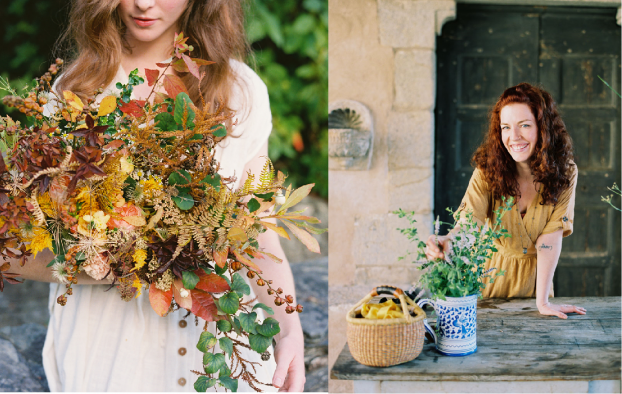
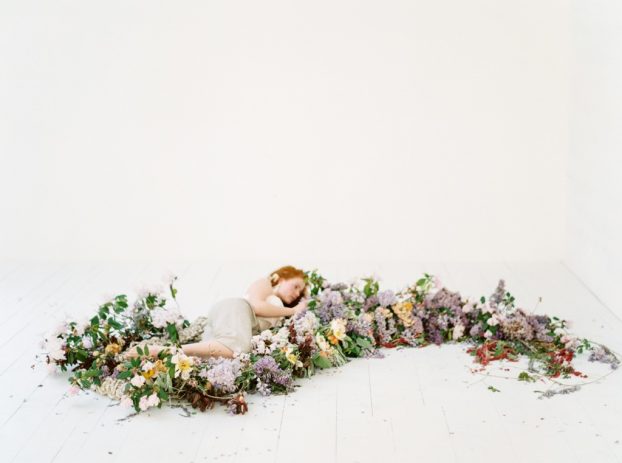
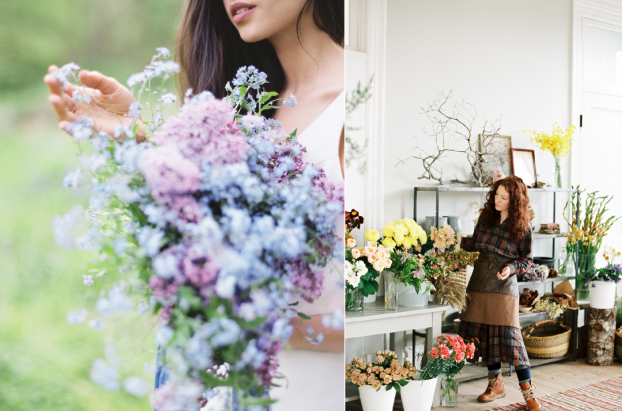
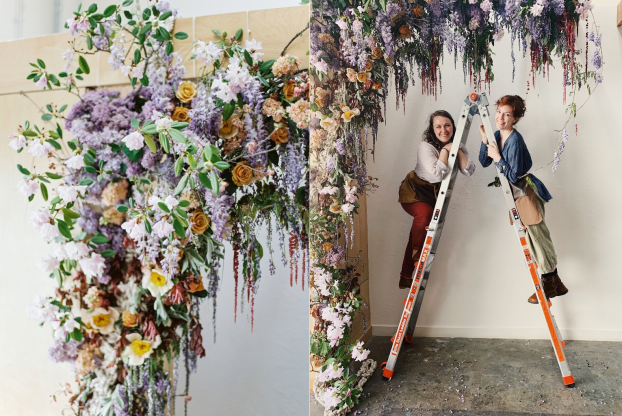
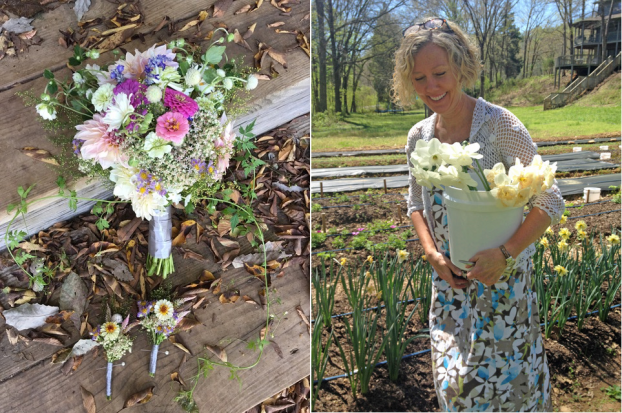
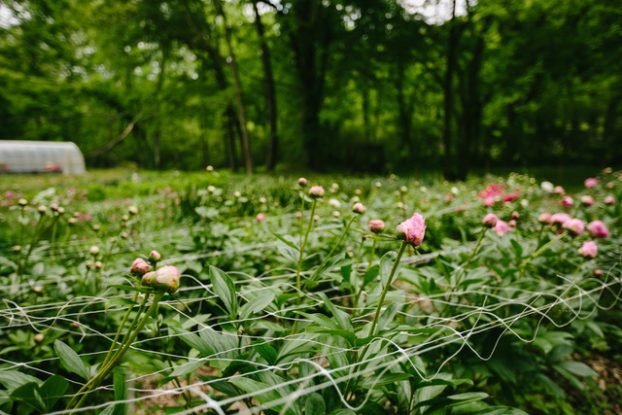
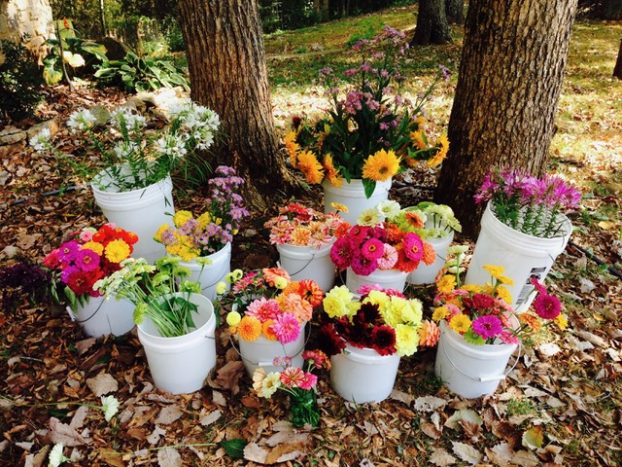
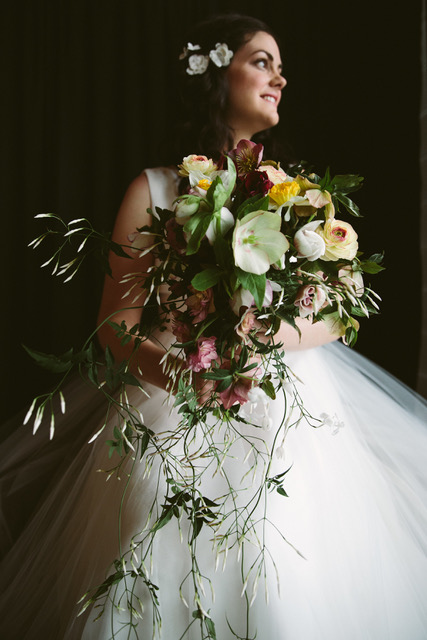
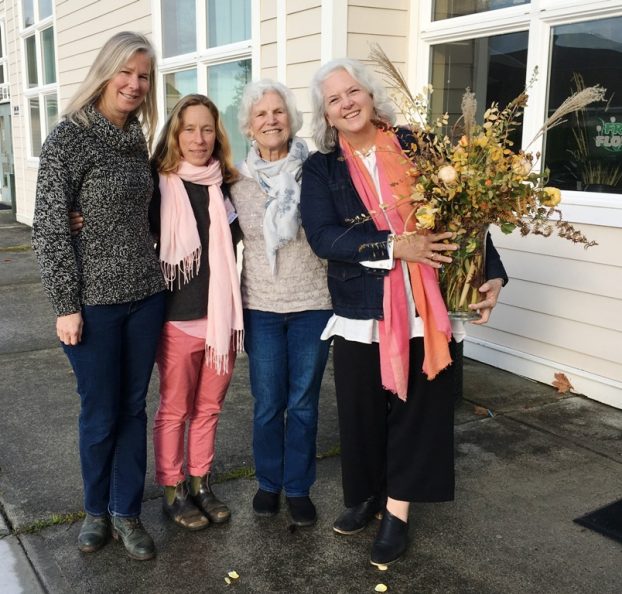
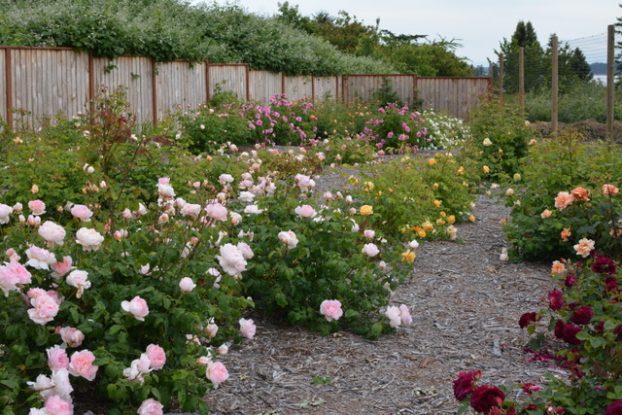
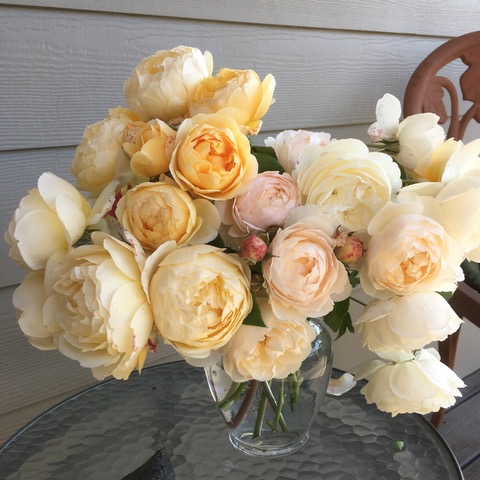
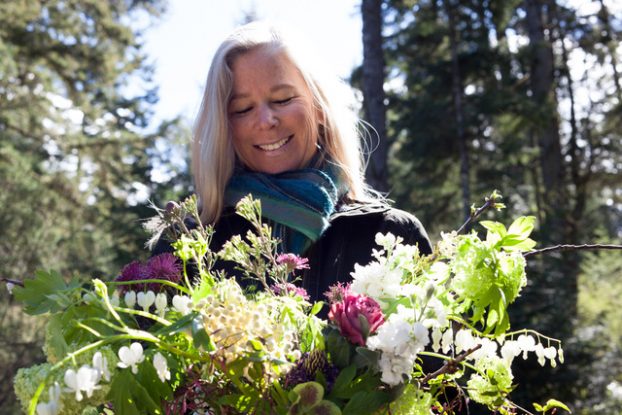
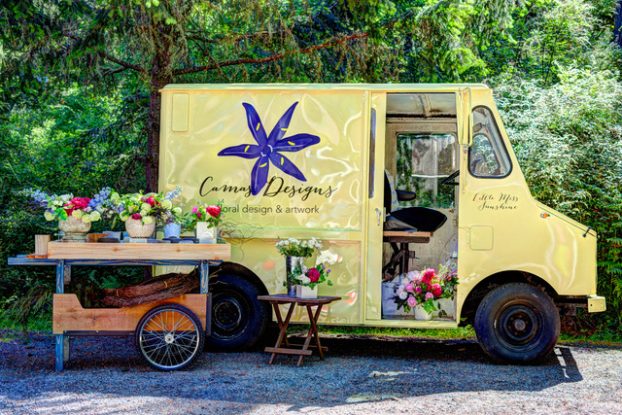
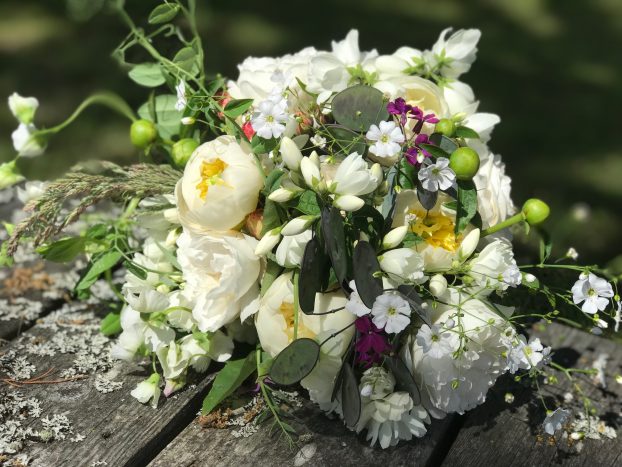
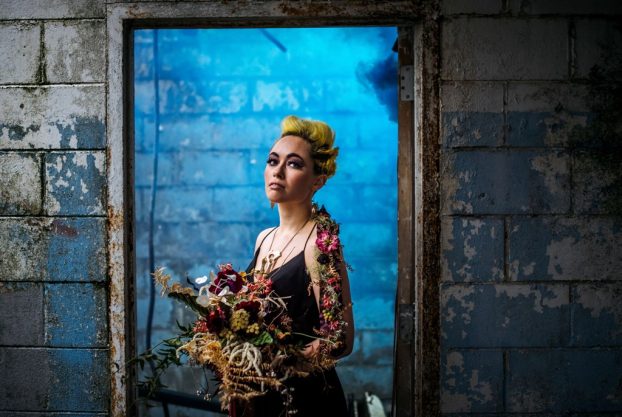
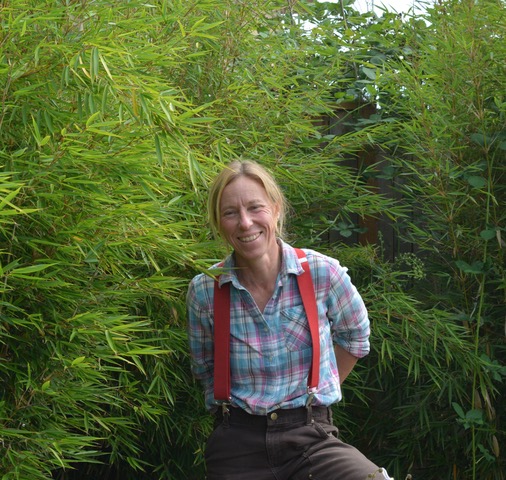
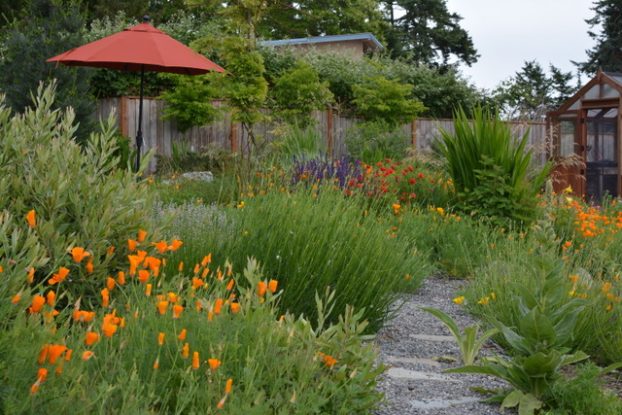
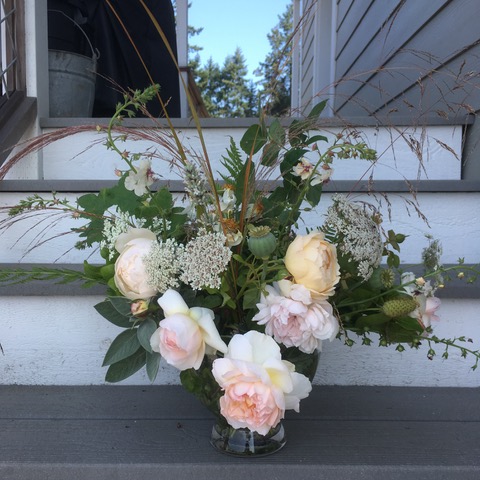
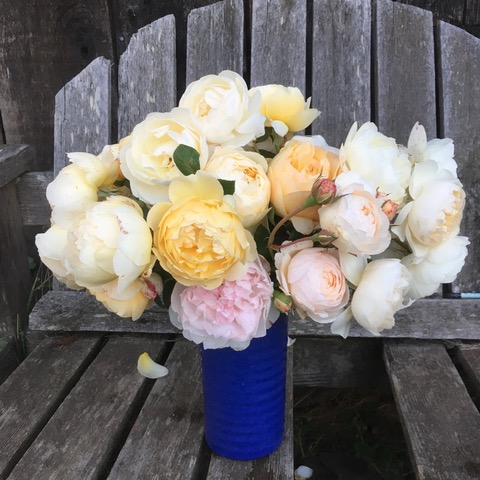
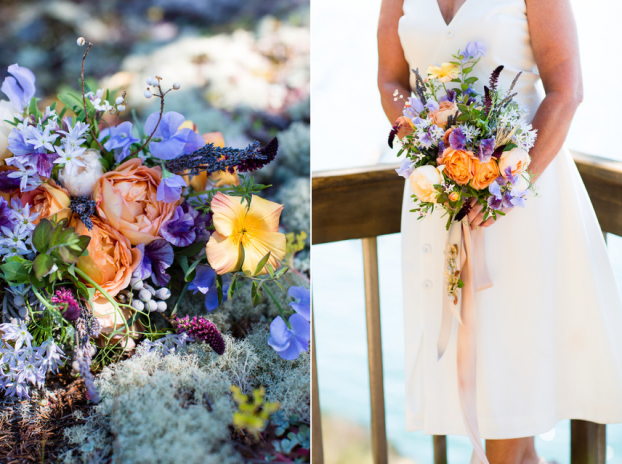
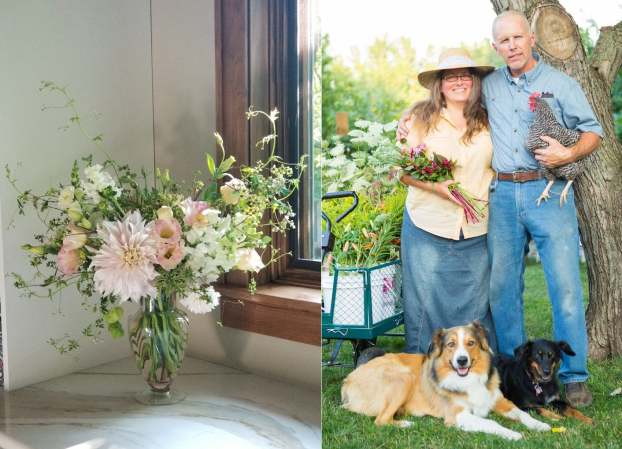
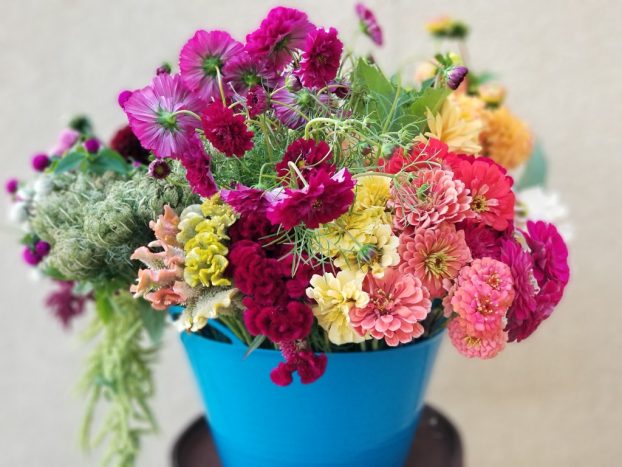
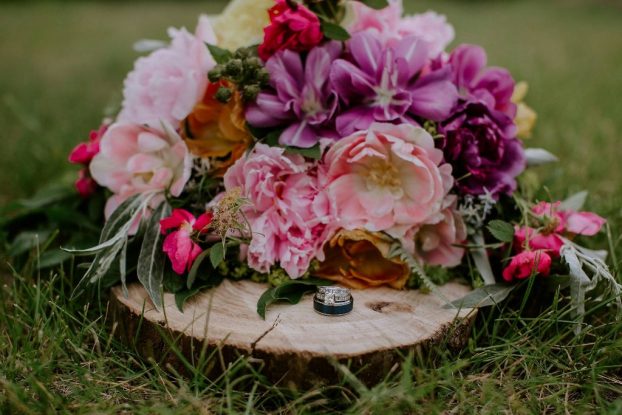
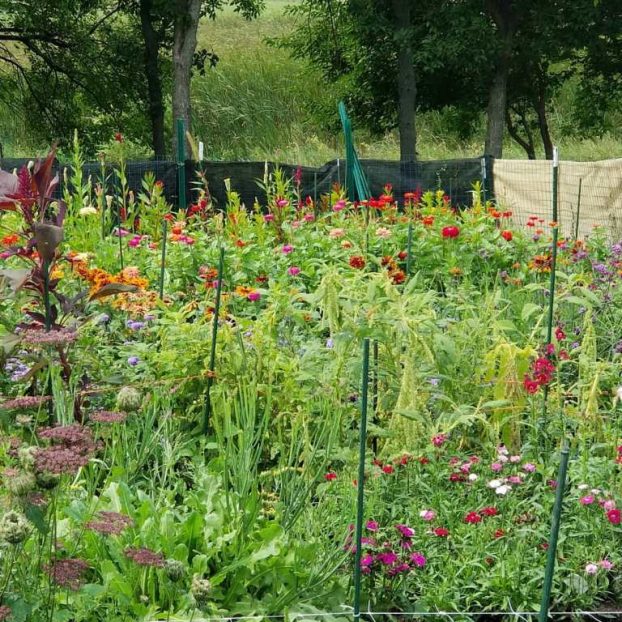
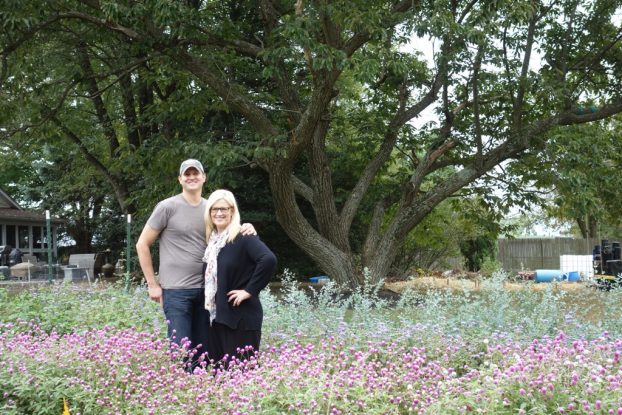
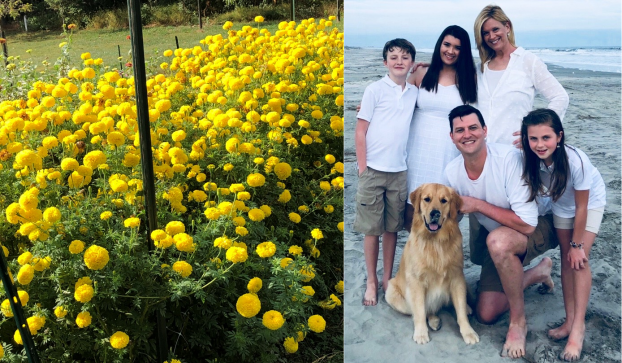
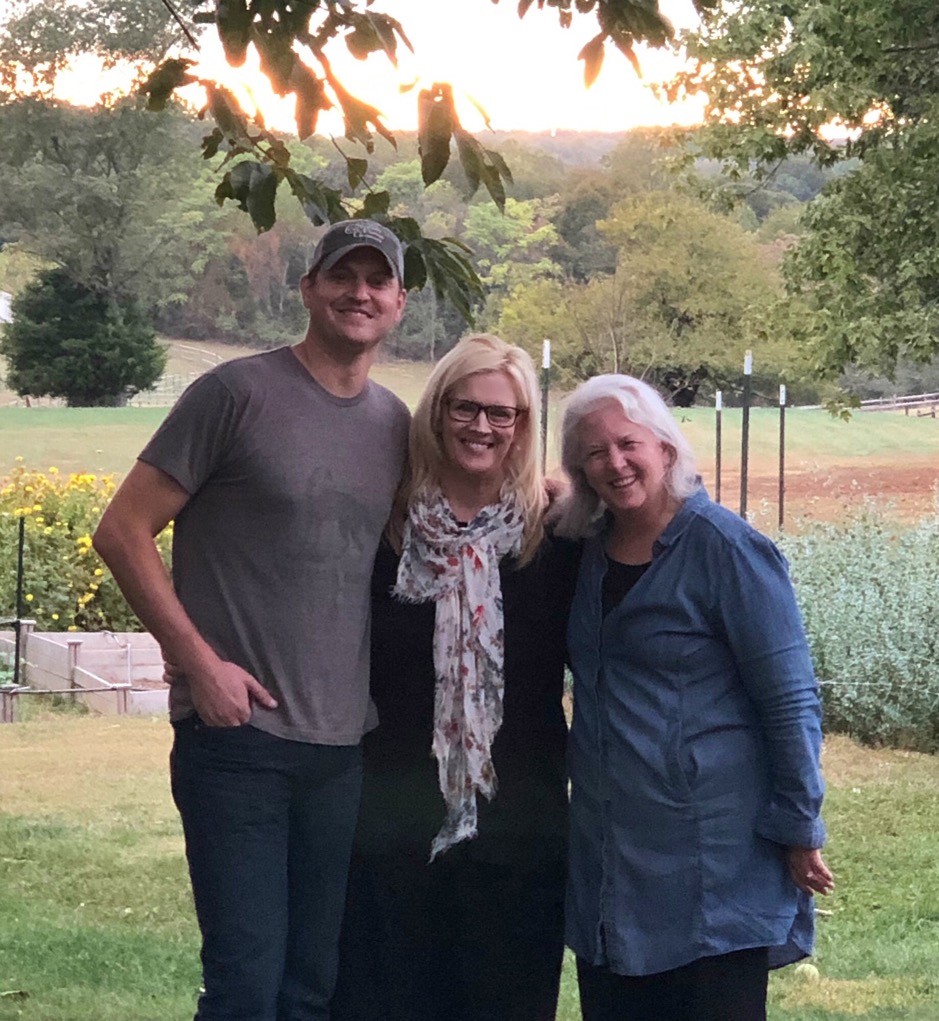 Serendipitously, I met them both at the very beginning when I was
Serendipitously, I met them both at the very beginning when I was 